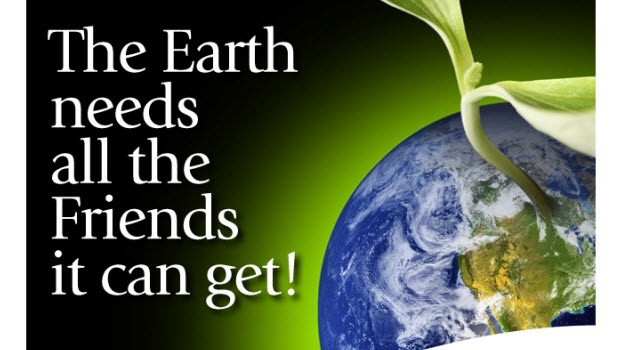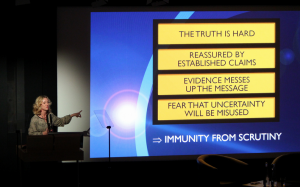Friends of the Earth – last week
And it has come to an end. A really interesting experience…
I finished the main report I was putting together for the waste campaign. This will be published on the Birmingham Friends of the Earth website in the near future and also will be used in other publications and communications of the organisation.
Along the road, I benefited from feedback and insight of other long-lasting members of the organisation; to understand the campaigning basics and specifically with relation to the waste campaign. The campaign has got more to go before achieving its goals, and of course the end success matters hugely, but I think the journey is greatly rewarding as well and something to enjoy.
Spending time with people with great passion about what they do and a different way of doing things and seeing the world from a different angle all provide very valuable experience. I was doing this on a part time basis, and that was really good as I got opportunity to be exposed to development of the project for a relatively long period of time.
Looking back from the first time I got to know about Charity Insight (that was more than a year ago), until today that I finishing my last day, I see a great sequence of activities, from applying and interviews to undertaking the work at the organisation as all part of a very interesting journey and much to learn and enjoy. I would do it definitely again it I went back to the first day I heard about it 🙂
I am planning to continue working with the Birmingham Friends of the Earth after this project as well. I believe what they do is important specifically with the direction the whole world is heading towards ignoring the environment and the ‘right things’. And they are a great bunch of guys to share a passion with.
Get engaged with the FOE if you have some time, it is great 🙂 (www.green4good.ca)


